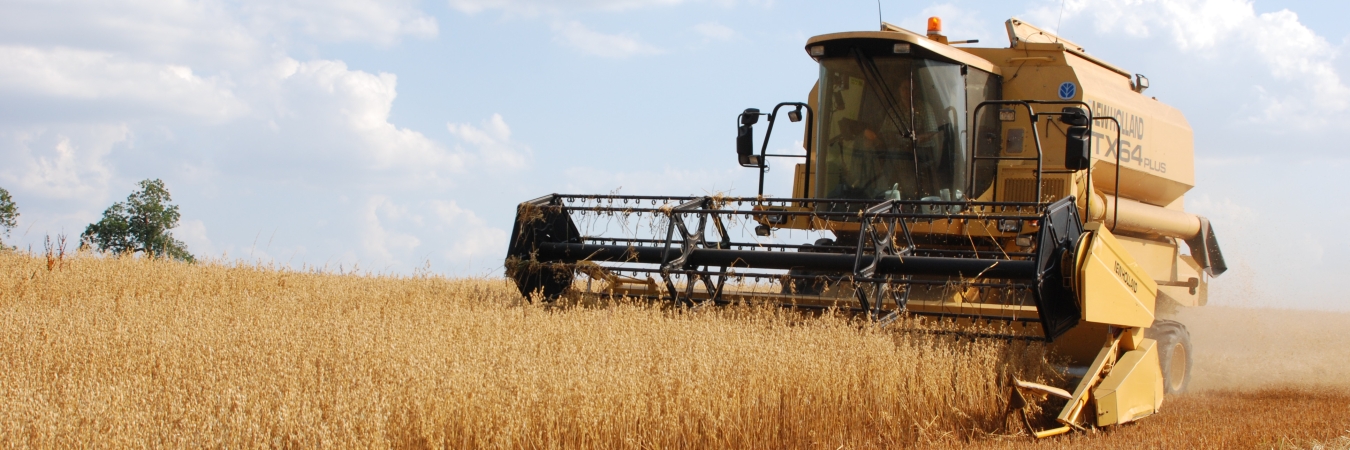Challenging times for farmers affected by drought
They have advised farmers whose production has been affected by recent drought conditions to: ‘contact their local Natural England advisor – either Land Management Adviser or Catchment Sensitive Farming Officer would be best – to look into getting a derogation or ‘Minor and Temporary Adjustment’ (MTA) to tweak the agreement for this year only.’
Example of options or agreements which might be affected (by the hot and dry weather) are hay cutting, grazing, whole-crop or low input cereal, woodland creation, and hedgerows and boundaries. You may not be able to meet the requirements of your agreement, for example grass is ripening too early or hay must be cut early. In these cases you can ask Natural England for either a Derogation under ES, or a Minor and Temporary Adjustment (MTA) under CS.
Farmers and land managers will need to fill in the relevant form to apply. For Countryside Stewardship, you also need to also contact your local Natural England adviser or Countryside Stewardship Delivery Services (CSDS) as soon as possible, explaining the issue and they will be able to advise on what action to take.
Where a Derogation/MTA has been approved, such as for early hay cutting, you should avoid areas with ground nesting birds. You must receive the Derogation or MTA before you make any changes.
Please note: The guidance doesn’t specifically mention seed mix and supplementary feeding options, but if you are having difficulties then speak to your NE adviser who might take the line to apply a derogation (ELS / HLS) or a MTA (Mid-tier / Higher-tier) to help support certain changes on a case-by-case basis.
Read more here: https://www.gov.uk/government/publications/hot-and-dry-weather-conditions-in-eng…


